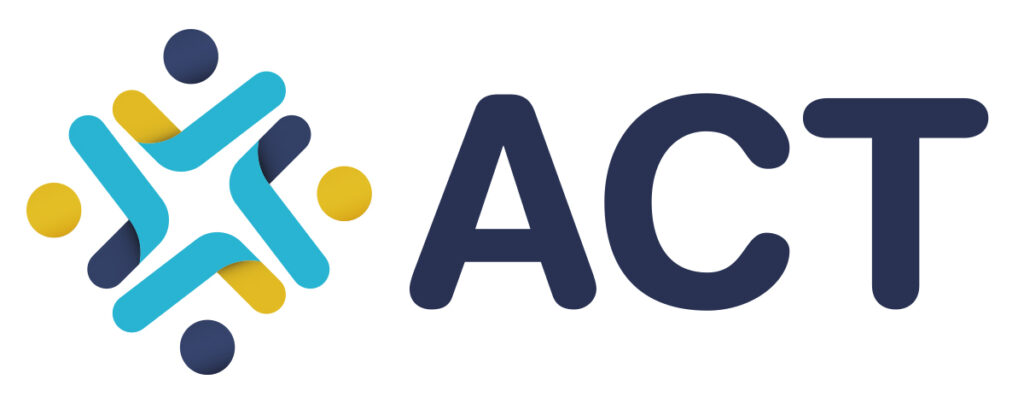ACT

Virtual exchanges for Active CiTizenship
Erasmus+ KA1 – Learning Mobilities for Individuals
101083678
01/2023 - 12/2025 (36 months)
499.889,22 €
Germany, Greece, Libya, Palestine, Morocco, Tunisia, Lebanon
Visit the Project's Website
Follow the project on Social Media
ACT
ACT, is a Virtual Exchanges project, which aims to bring together students and young people from European and Southern Mediterranean countries and through the implementation of different online formal and non-formal activities will develop the values of active citizenship, freedom, tolerance and non-discrimination. The target group of ACT, lies among students and academic and administrative staff of HEIs as well as youth workers active in their societies and special delegates of policy making bodies. ACT aims to:
- increase the access to student mobility opportunities for all students and professors/staff and ensure opportunities for youth participation
- foster youth participation in democratic life and support social and civic engagement – promote empathy and sensitivity to differences and support the development of interpersonal and intercultural skills
- incorporate methods within formal and non-formal education settings that enable learners
- develop the values of an active citizen, such as sense of responsibility, active participation and engagement in the society, environmental protection, resilience, human rights respect.
- ACT main scope is the promotion of open-mindedness and the provision of opportunities for active youth participation.
Objectives of the project
- Develop interactive open online activities including formal and non-formal activities with main focus on the elements of active citizenship and intercultural learning with the aim to increase the access to student mobility opportunities for all students and professors/staff and ensure opportunities for youth participation in democratic life and support social and civic engagement.
- Train participants on cultural awareness so as to promote ethics, equality and resilience as well as empathy and sensitivity to differences and support the development of interpersonal and intercultural skills based on framework of global competences.
- Implement online facilitated activities (within formal and non-formal education settings) with students and youth workers on topics of active citizenship and both SDGs and EU values of freedom, tolerance and non-discrimination, enhancing the common understanding among the two regions and enable learners to develop the values of an active citizen, such as sense of responsibility, active participation and engagement in the society, environmental protection, resilience, human rights respect.
Expected Results
Implementing the ACT project, the consortium envisage to create a systemic impact at the following levels:
At a National/local level:
- Enhancement the sense of active citizenship and the common understanding among the two regions
- Increasement of sensitivity in equality and resilience towards their peers and their learners
- Enhancement learners skills for intercultural dialogue and mutual respect
- Recognition of the importance for cooperation among teachers and young people
At a European/Global level:
- Fostering the resilience and growth of the civil society after the outbreak COVID19
- Enhancement of innovation and digital capacity development
- Delivery of an innovative mechanism for the qualitative and quantitative assessment of the virtual exchange
- Fostering a European awareness among young people both from EU and Southern Neighborhood countries
Project Activities
- Dissemination and Exploitation Activities: These activities will be used to maximize the impact and the visibility of the project at a highest level, through networking, dissemination and exploitation, in order to reach as many beneficiaries as possible. Also, in this phase of project lifecycle, the on-going activities will be developed through entire project implementation.
- Series of Training Activities
- Welcome Activities: The consortium will make an introduction to the HEIs and staff regarding the main objectives of the project, in order to bring them together and introduce them to several cultural activities and prepare them for the continuation of the project.
- Virtual Exchanges for Global Competences (OECD): Young people and academic staff will be trained in specific topics that have been defined from the Global Competence as a multi-dimensional construct. enabling them to strengthen participants’ values of freedom, tolerance and non-discrimination through educational activities, and help them develop cultural awareness and respectful interactions within diverse societies.
- Virtual Exchanges for Fundamental Rights (EU Charter): This training will foster the most important European Values, freedoms and rights, as they have been included at The Charter of Fundamental Rights of the European Union. The aim is to promote freedom, equality, non-discrimination and tolerance among the group and enhance the youth participation in democratic life and support social and civic engagement
- Virtual Exchanges on Sustainable Development Goals (SDGs): Within this training activity, participants will have the opportunity to be trained on the main principles of Sustainable Development Goals, in order to shift the world onto a sustainable and resilient path.
Project Partners
- European Association of Institutes for Vocational Training (EVBB) – Lead Partner (Germany)
- Metropolitan College (Greece)
- PANEPISTIMIO DYTIKIS ATTIKIS (UNIWA) (Greece)
- MISURATA UNIVERSITY (Libya)
- PALESTINE AHLIYA UNIVERSITY (Palestine)
- UNIVERSITE SIDI MOHAMMED BEN ABDELLAH (Morocco)
- PALESTINE TECHNICAL UNIVERSITY - KADOORIE (Palestine)
- SFAX UNIVERSITY (Tunisia)
- WEYOUTH (Tunisia)
- IBN TOFAIL UNIVERSITY (Morocco)
- PALESTINE POLYTECHNIC UNIVERSITY (Palestine)
- ARAB AMERICAN UNIVERSITY (Palestine)
- UNIVERSITE SAINT-JOSEPH (Lebanon)


